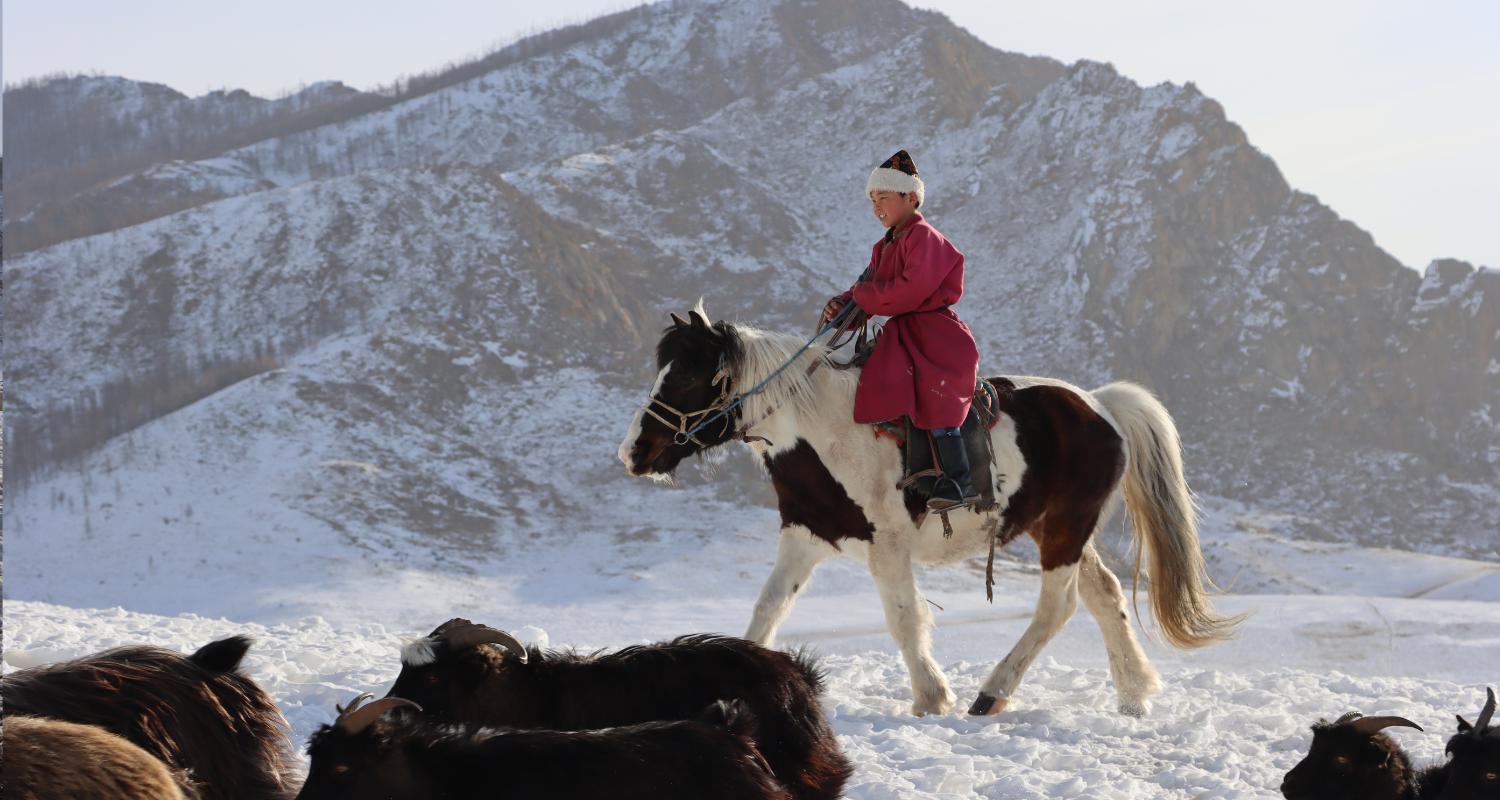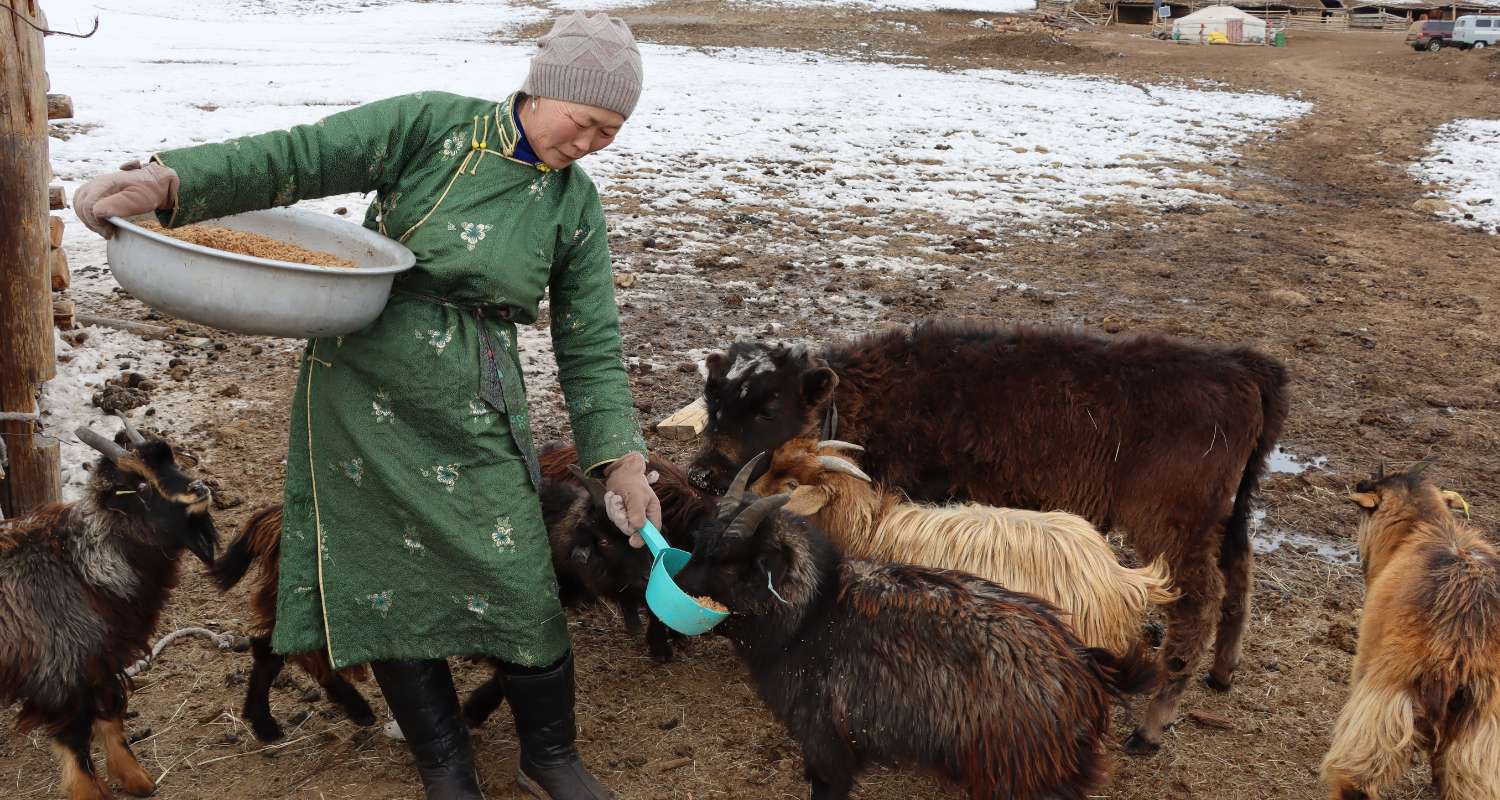Mongolia is currently grappling with its most severe winter in fifty years, as freezing temperatures and extreme conditions have claimed the lives of over 4.7 million animals, endangering the livelihoods and food security of thousands, warns the International Federation of the Red Cross (IFRC).
The harsh conditions, known as "dzud," are characterised by plummeting temperatures and heavy snow and ice covering grazing areas, thereby depriving livestock of access to food. Approximately 300,000 Mongolians, primarily nomadic herders, rely on their cattle, goats, and horses for sustenance and income.
Alexander Matheou, IFRC Regional Director for Asia Pacific, conveyed the dire situation, stating that those heavily reliant on their livestock for survival have been plunged into destitution within a short span.
Since November, over 2,250 herder families have suffered immense losses, with more than 70% of their livestock perishing. Consequently, over 7,000 families are now struggling with inadequate access to food.
The dzud has impacted three-quarters of Mongolia, with conditions projected to worsen as winter persists. Despite the government declaring a heightened state of readiness, lasting until May 15th, and the IFRC launching a fundraising appeal, the severity of the crisis has surpassed expectations.
The economic toll on herder families has been devastating, disrupting travel, trade, and access to essential services like healthcare and education, especially in rural areas where heavy snow obstructs roadways.

This year's dzud is particularly severe due to a combination of factors, including a rare combination of summer droughts followed by heavy snowfall and extreme cold, with temperatures dropping below -30 degrees Celsius (-22 degrees Fahrenheit). Furthermore, last year's early snowfall, followed by a sudden thaw and subsequent cold snap, depleted pasturelands, leaving animals without sufficient fodder to fatten up for winter.
Mongolia is experiencing what's termed a dual "white" and "iron" dzud, characterised by deep snow preventing animals from reaching grass and a hard freeze locking pasturelands in ice. These dzuds are becoming increasingly frequent, leaving little time for pastures and herders to recover between bouts of extreme weather.

Climate change exacerbates these challenges, with Mongolia being one of the countries hardest hit. Over the past 70 years, average air temperatures have risen by 2.1 degrees Celsius, leading to disrupted seasons, recurrent droughts, and harsh winters.
The IFRC underscores the urgent need for assistance in Mongolia, emphasising the resilience of affected families in the face of winter's onslaught while highlighting the critical support required to address the crisis's impacts on both physical and mental well-being.



